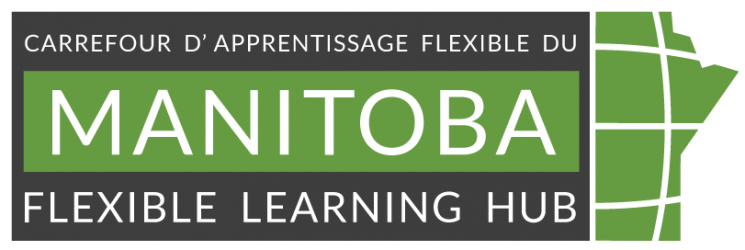- Services
- Course Design Resource
- Accessibility
- The Accessibility for Manitobans Act for educators
- An accessibility checklist for educators
- Alt-text for online teaching materials
- Audio in online teaching materials
- Colour for online teaching materials
- Colour design system for an accessible colour palette
- Images in online teaching materials
- Primer on accessible courses
- Video in online teaching materials
- Activities, assessments and feedback
- Assessment Garden – directory of assessments
- Alternative Forms of Assessment
- Best Practices for Online and Multi-modal assessment
- Developing online learning activities for blended or distributed learning courses
- Discussion forums in online courses
- Engage, increase and switch -assessments
- Ethical reasons to avoid using AI apps for student assessment
- Promote student feedback with course design
- Providing feedback in online or blended courses
- Revaluate assessment techniques for online and blended assessments
- Souping up summative assessment
- Using virtual whiteboards for learner activities
- Course formats
- Course foundations
- Quality
- Using e-learning technology
- 12 principles for learning technologies
- Discussion forums in online courses
- Ethical reasons to avoid using AI apps for student assessment
- Quick tips for preparing and recording video lectures
- Seven Frequently Asked Questions About Using Multimedia in Online Courses
- Video Presentations and PowerPoints
- Accessibility
- Professional development
- Blog
- About
- Log In
- Services
- Course Design Resource
- - Accessibility
- - - The Accessibility for Manitobans Act for educators
- - - An accessibility checklist for educators
- - - Alt-text for online teaching materials
- - - Audio in online teaching materials
- - - Colour for online teaching materials
- - - Colour design system for an accessible colour palette
- - - Images in online teaching materials
- - - Primer on accessible courses
- - - Video in online teaching materials
- - Activities, assessments and feedback
- - - Assessment Garden - directory of assessments
- - - Alternative Forms of Assessment
- - - Best Practices for Online and Multi-modal assessment
- - - Developing online learning activities for blended or distributed learning courses
- - - Discussion forums in online courses
- - - Engage, increase and switch -assessments
- - - Ethical reasons to avoid using AI apps for student assessment
- - - Promote student feedback with course design
- - - Providing feedback in online or blended courses
- - - Revaluate assessment techniques for online and blended assessments
- - - Souping up summative assessment
- - - Using virtual whiteboards for learner activities
- - Course formats
- - Course foundations
- - Quality
- - Using e-learning technology
- - - 12 principles for learning technologies
- - - Discussion forums in online courses
- - - Ethical reasons to avoid using AI apps for student assessment
- - - Quick tips for preparing and recording video lectures
- - - Seven Frequently Asked Questions About Using Multimedia in Online Courses
- - - Video Presentations and PowerPoints
- - Accessibility
- Professional development
- Blog
- About
- Log In
April-teaching-and-learning-resources
Home/ April-teaching-and-learning-resources
